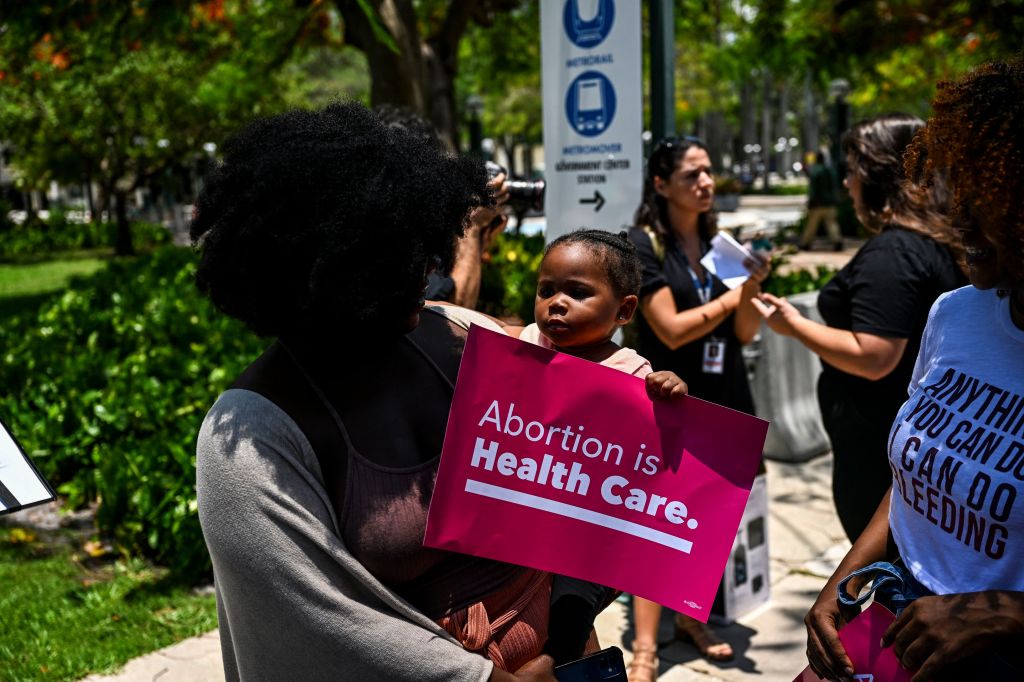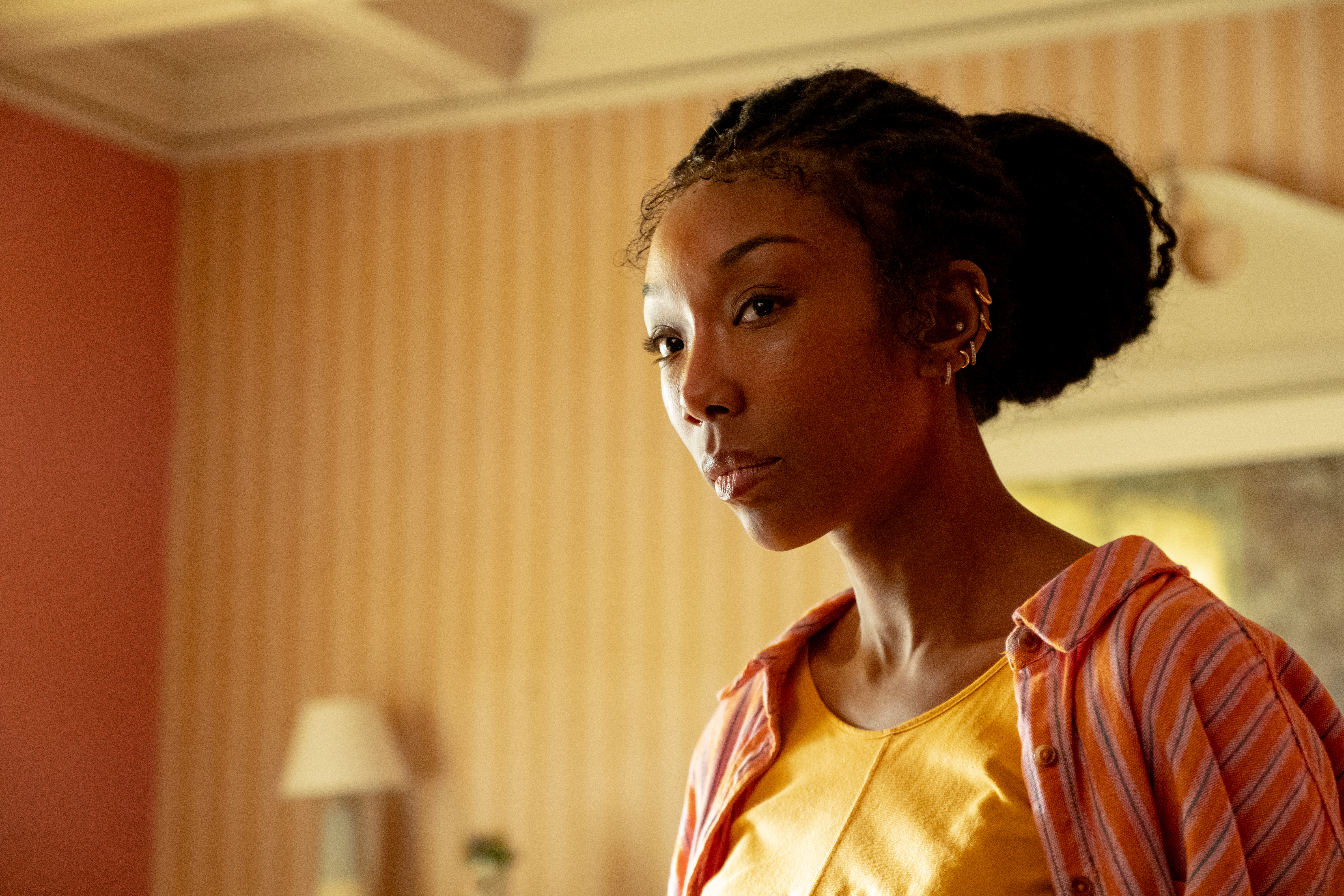Alabama Supreme Court ruling that frozen embryos are children could have implications for Black women
The American Civil Liberties Union (ACLU) of Alabama told theGrio in a statement that the state’s Supreme Court “grossly overstepped its role.”
Critics are blasting the Alabama Supreme Court for ruling that frozen embryos can be considered children under state law, which some believe will threaten the practice of in vitro fertilization (IVF).
In a statement obtained by theGrio, Elisabeth Smith, director of state policy and advocacy at the Center for Reproductive Rights, said that the court’s ruling is “alarming.”
“It undermines people’s ability to make decisions about their own family planning via IVF,” said Smith. “To enact legislation granting legal personhood to embryos could have disastrous consequences for the use of IVF – a science many people rely on to build their families.”
The American Civil Liberties Union (ACLU) of Alabama told theGrio in a statement that the state’s Supreme Court “grossly overstepped its role by classifying frozen embryos…as children.”
The organization added that the Alabama justices “crossed a critical boundary to assign personhood to something created in a lab that exists outside of a human body.”
Nourbese Flint, president of All* Above All, told theGrio that the Alabama ruling “signals a disturbing and dangerous development in [the court’s] attempt to control people’s decisions.”
According to the Pew Research Center, Black women make up 26% of the population of women who engage in IVF treatments. Flint told theGrio that she believes both Black and brown women are “more than likely going to be targets of criminalization” following the ruling.

“Alabama officials and prosecutors are notorious for punishing people for the outcomes of their pregnancies,” said Flint.
On Feb. 16, the state’s high court controversially ruled that frozen embryos are children, and if anyone were to destroy them, they could be held liable for wrongful death.
The court’s decision reversed the lower court ruling that dismissed wrongful death lawsuits brought by three couples who underwent IVF treatment at a fertility clinic operated by the Center for Reproductive Medicine between 2013 and 2016. The couples had their frozen embryos stored at the clinic; however, they were destroyed by a patient at the facility, and they wanted to seek justice for the destruction of their unborn children.
In December 2020, a patient at the hospital made their way into the clinic through an unsecured doorway. The patient then attempted to remove several embryos from the clinic’s nursery. Due to the sub-zero temperatures, the patient sustained freeze-burns to their hands and dropped the embryos on the floor, destroying them.
The justices leaned on the Wrongful Death of a Minor Act, which was enacted into law in 1872, and found that the statute “allows an action to be brought for the wrongful death of any unborn child.”
Smith of the Center for Reproductive Rights told theGrio in a statement that the ruling “runs counter to the very practice of IVF, which in most cases includes fertilizing multiple eggs and determining which embryo may have the best chance of survival once implanted.”
Recommended Stories
“Not all embryos are used, nor can they be,” she said.
As a result of the court’s verdict, Smith believes that providers “may stop offering IVF altogether or leave Alabama now that they could face criminal penalties.”
She said the Alabama Supreme Court’s ruling would not be possible if the U.S. Supreme Court let Roe v. Wade stand. The nation’s highest court overturned the nearly 50-year legal precedent, putting an end to federally-protected abortion access.
The ACLU of Alabama is calling on the state legislature to pass laws that “protect fertility care…and ensure that families have options.”
The organization said that several Alabama Supreme Court justices “voiced concerns about the opinion” and asked the legislature to “fix the problem, including Justice [Brad] Mendheim.”
Mendheim said that it is up to the state’s lawmakers to “be the final arbiter concerning whether a frozen embryo is protected by the laws of this state.”
“Without such guidance, I fear that there could be unfortunate consequences stemming from today’s decision that no one intends,” he added.
Flint with All* Above All believes those consequences could include “bans on birth control, stem cell research, and interrogating people for their actions while pregnant.”
Smith told theGrio, “With politicians at the helm instead of doctors, reproductive health care is in crisis.”
Never miss a beat: Get our daily stories straight to your inbox with theGrio’s newsletter.
More About:Politics

















